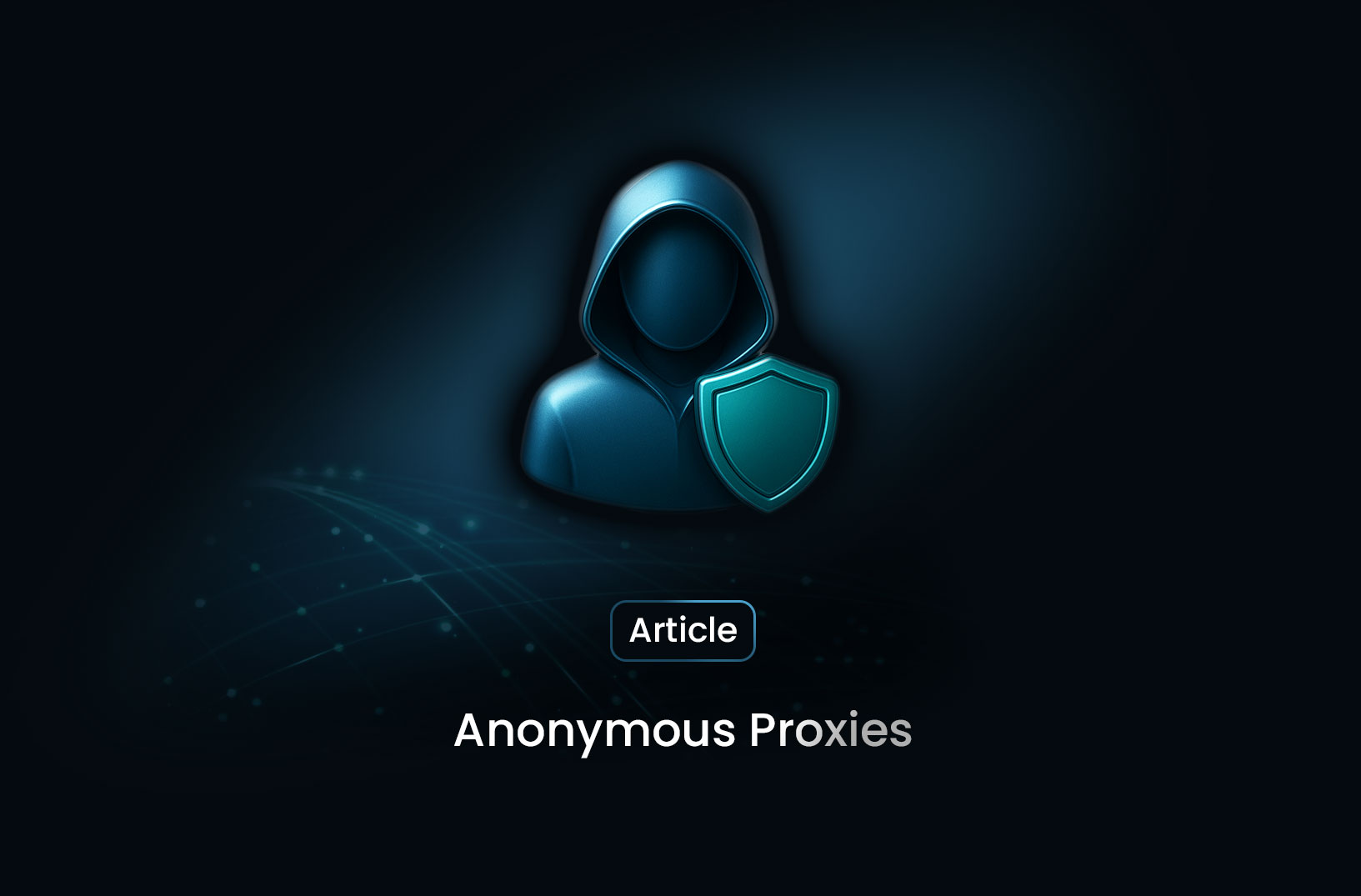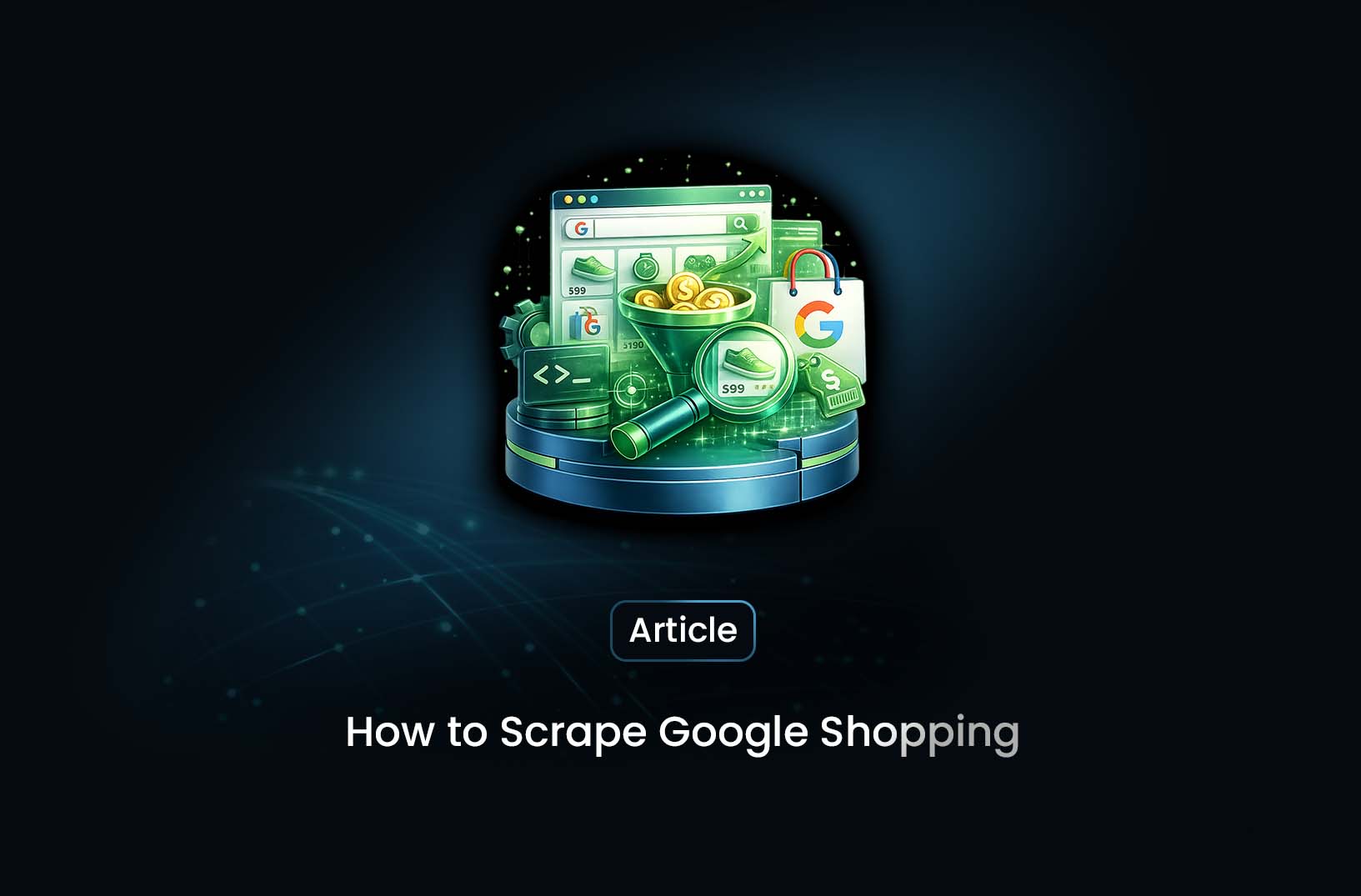
A Complete Guide to Anonymous Proxies and Their Benefits
ArticleLearn what an anonymous proxy is, how it differs from other proxy types, its uses for privacy and bypassing restrictions, and the potential risks you should know about.
What Is an Anonymous Proxy?
An anonymous proxy is a server that acts as an intermediary between your device and the internet, masking your real IP address so the destination website sees the proxy’s IP instead of yours. Unlike transparent proxies that reveal your identity or original IP, anonymous proxies aim to conceal it.
How Does It Work?
When you connect through an anonymous proxy:
- Your request goes to the proxy server instead of directly to the website.
- The proxy server forwards the request, using its own IP address, which hides your location and identity.
- The website responds to the proxy server, which then sends the data back to you — so your direct device IP remains hidden.
Common Uses and Benefits
Anonymous proxies are popular for:
- Privacy enhancement: Hide your IP address from websites, advertisers, and trackers.
- Bypassing geo-restrictions: Appear to browse from another country by using a proxy IP in that region.
- Web scraping & automation: Rotate IP addresses to avoid rate limits or bans when collecting data from websites.
- Avoiding targeted advertising: When your real IP and location are hidden, fewer personalized ads or tracking can occur.
Types & Levels of Anonymity
Anonymous proxies vary in how much they hide:
- Some reveal that they are proxies, but still mask your IP.
- More advanced “high-anonymity” (or elite) proxies hide both your IP and the fact you are using a proxy.
Risks and Limitations
Despite the benefits, there are several important risks:
- Reduced performance: Additional routing can lead to slower speeds or higher latency.
- Security threats: Some proxy servers are operated by untrustworthy parties, may log your data, or even perform “man-in-the-middle” attacks.
- Free vs paid proxies: Free anonymous proxies often offer weaker security, may be unreliable or even malicious.
- Incomplete anonymity: Using a proxy doesn’t hide your identity if you log into accounts linked to your real identity or reveal personal data in other ways.
Best Practices for Using Anonymous Proxies
To use anonymous proxies more safely:
- Use reputable paid services rather than free ones with unknown reliability.
- Ensure the proxy supports HTTPS/encryption, to protect data in transit, especially on public networks.
- Rotate IP addresses when conducting automation or scraping to reduce risk of being blocked.
- Avoid logging into personal accounts or revealing identity-linked data when you need real anonymity.
- Understand your local laws and website terms of service regarding anonymized access or bypassing geo-restrictions.
Conclusion
An anonymous proxy can be a useful tool for enhancing privacy, bypassing restrictions, and managing how your browsing appears to external servers. However, it is not a silver-bullet for complete anonymity or security. Choosing trusted providers, understanding the limits of anonymity, and using proxies responsibly will help you get the benefits while managing the risks.
Find more insights here
.jpg)
How to Handle Timeouts in Python Requests
Learn how to handle timeouts in Python requests properly, including connect vs read timeouts, retrie...
.jpg)
What Is a Search Engine Rankings API and How It Powers Modern SEO
Learn what a Search Engine Rankings API is, how it works, key features, real use cases, and how it p...

How to Scrape Google Shopping: A Complete Guide to E-commerce Data Extraction
Google Shopping is one of the largest product discovery platforms online. It aggregates product list...
